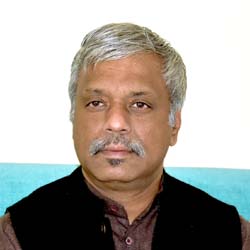Uttam Sinha’s Article ‘Who’s The Big River Daddy? Published in Times of India
Senior Fellow, Manohar Parrikar IDSA, Dr Uttam Sinha’s article ‘Who’s The Big River Daddy? was published in Times of India on 10 July 2025. India’s not at the kind of hydrological disadvantage in Brahmaputra’s case as Pakistan is in Indus’s. China’s real upstream strength is data. India’s downstream defences have to be science-backed, says Dr Sinha. Read Complete Article [+] Disclaimer: The views expressed by the author are personal and do not in any way reflect the views of MP-IDSA or the Government of India.







